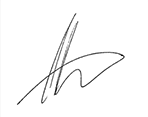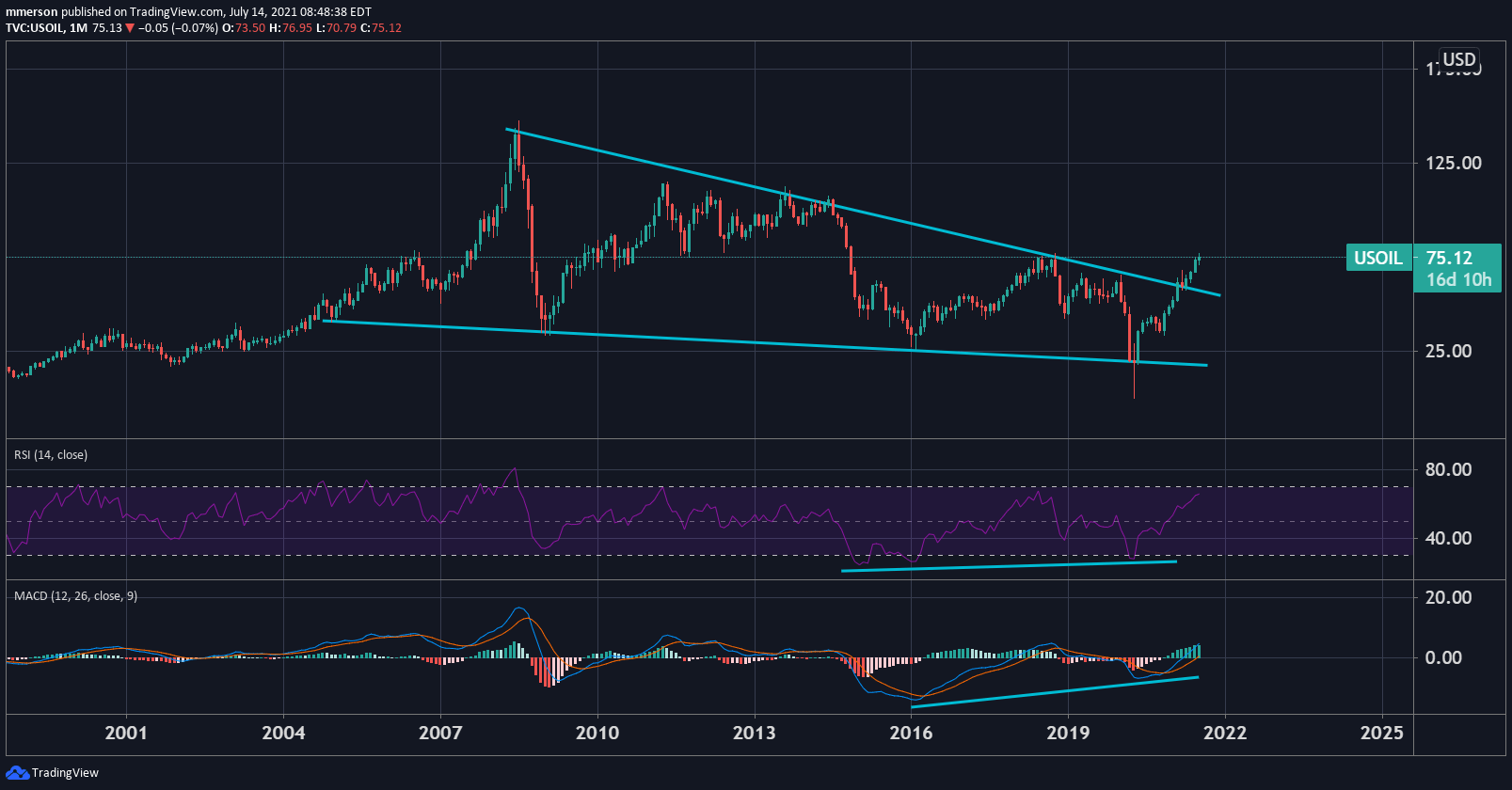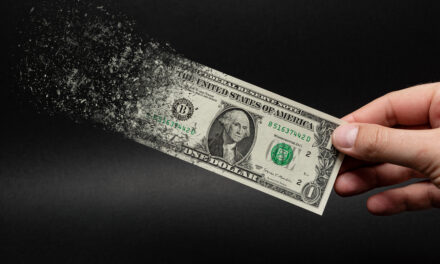In a matter of just 24 hours, I lost over $50,000.
And I lost it all thanks to a single trade.
It was the summer of 2019. My portfolio had been treading water and I was struggling to make new gains.
I was fed up. I wanted results. I was tired of searching for trades on my brokerage app. I was prepared to risk it all.
So I removed all the stops and decided to just go for it.
I put half my portfolio into a single home-run idea, playing a call option expiring that same week.
I stood to multiply my portfolio several times over if I was right.
If I was wrong … I’d lose my shirt.
The result?
I lost half my portfolio in a week.
A full $50,000 on one stupid, asinine bet…
I was furious. And worse, I had no one to be mad at but myself.
And I had a decision to make…
2 Options
The way I saw it, I had two options for how to proceed:
- I could quit trading forever and hand my money over to a professional manager who would take years to grow it back, if ever — collecting plenty of fees along the way.
- Or I could learn from my mistake, dust myself off and make the money back.
I wasn’t going with Option 1. I’m a millennial. We distrust institutions and authority by nature…
I saw the returns our experts were making for our readers, and I wanted to do the same for myself.
I refused to settle for less.
So, I picked Option 2.
I buckled down, got super focused and thought through every decision and every trade carefully…
I stopped placing such huge, all-or-nothing positions on a whim. I batted singles and doubles with smaller size, building back slowly over time. If I did trade in size, I made sure I had deep conviction.
Just as important, I stopped trading just for the sake of trading. Only on stocks I knew super well … whose highs and lows I could time with razor-sharp precision.
You may understand that, when you lose half your portfolio, you technically have to make a 100% return to get back to breakeven. This can take some investors years.
In nine months, I had somehow made back everything I lost.
I was ecstatic. I felt like a genius.
Then the unthinkable happened…
I made that first costly mistake around the summer of 2019. It took me nine months to recover. So I had made everything back by … around February 2020.
You know exactly what happened next.
The COVID-19 pandemic reached U.S. shores and caused the fastest stock market wipeout in history.
I lost 70% of my portfolio in the ensuing market rout. Within three weeks, my $100,000 fell to about $28,000.
Suddenly, losing 50% of my portfolio didn’t seem so bad…
The Easiest Call of My Life
I had just gotten over the greatest trading mistake of my life only to be met with a graver fate.
You better believe there was a part of me that just wanted to quit.
I had fixed my mistake. And the market just took it all back and more.
But I couldn’t quit. I had clearly figured something out about the markets I didn’t know before.
I learned from my mistakes. Don’t trade every day. Only trade stocks you know.
So I did exactly what I did before. I straightened my focus and buckled down. I watched the markets every day.
It became clear that stocks were searching for a floor … and that it was coinciding with the government releasing a stimulus package.
You might remember this. Markets were in total freefall, and the potential for imminent stimulus wasn’t enough. The market needed the stimulus deal to be announced, officiated and signed off on for there to be any relief.
The government had even come out with its stimulus plan, but it wasn’t being voted on for another few days. Stocks fell another 3% in response.
But one thing was clear — the plan was due out any day, and stocks would come roaring back.
It was the easiest call of my life. At the dead bottom, I put everything I had left into high-leveraged options plays into the most beaten-down, oversold stocks.
I wasn’t scared to risk it all — not this time — because I was absolutely certain this would work.
At this point, markets would either rebound … or the world would end and money would have done me no good anyway.
I was right.
In a span of about 48 hours, I made back half my losses.
The Best Losses I’ve Ever Made
Since then, I have made many times more than my initial investments.
I don’t regret a single mistake. Those losses were some of the best investments I ever made.
I would never go all-in on a single trade again. I would stop betting big on random stocks I had never heard of. And I would place my bets more carefully … playing oversold and overbought conditions almost exclusively. (I have found I have a knack for calling bottoms. This is also one of the strategies Chad employs in Quick Hit Profits, where he focuses on oversold stock “shakeouts.”)
Here’s why I told you all this today…
My goal in True Options Masters is not just to share great trade ideas with you — it’s to help you learn from our wisdom and guidance, and even the mistakes we’ve made so YOU don’t have to make them.
That brings me to you.
What is the worst mistake you’ve made in the options market? Or the worst trade you’ve made in general?
And most importantly, what did you learn from it?
I’d love to hear from you. Write me at TrueOptions@BanyanHill.com.
Never give up. Never surrender. Let my story be a testament to what is possible.
Ciao,

Chris Cimorelli
Chief Editor, True Options Masters
Chart of the Day:
A Trend-Changing Move in Oil
By Mike Merson, Managing Editor, True Options Masters

(Click here to view larger image.)
Today I want to show you a falling wedge I just spotted on U.S. crude oil.
Falling wedges form when an asset in a downtrend makes lower highs and lower lows, but those highs and lows come closer together over time.
These patterns tend to break to the upside. And when they do, it can have powerful, trend-changing potential…
You might have noticed this is a monthly chart of oil. The wedge began forming all the way back in 2008, during the Great Financial Crisis. That means this bullish pattern has spent the last 12 years developing … and just recently broke out.
In hindsight, the divergence on the relative strength index (RSI) and moving average convergence/divergence (MACD) momentum indicators — where each indicator made higher lows as oil made lower lows — was a clear signal of this breakout.
Because of this chart, the overwhelming bearish sentiment on oil due to the emergence of electric vehicles, and my contrarian nature … I have to be bullish on oil prices for the next few years.
But I’d want to see oil close clearly above the $75 level on the monthly chart before I bet on it aggressively. Playing call options dated out to 2022 or even 2023 on an exchange-traded fund such as the United States Oil Fund (NYSEARCA: USO) would be how I do it.
Best,

Mike Merson
Managing Editor, True Options Masters










